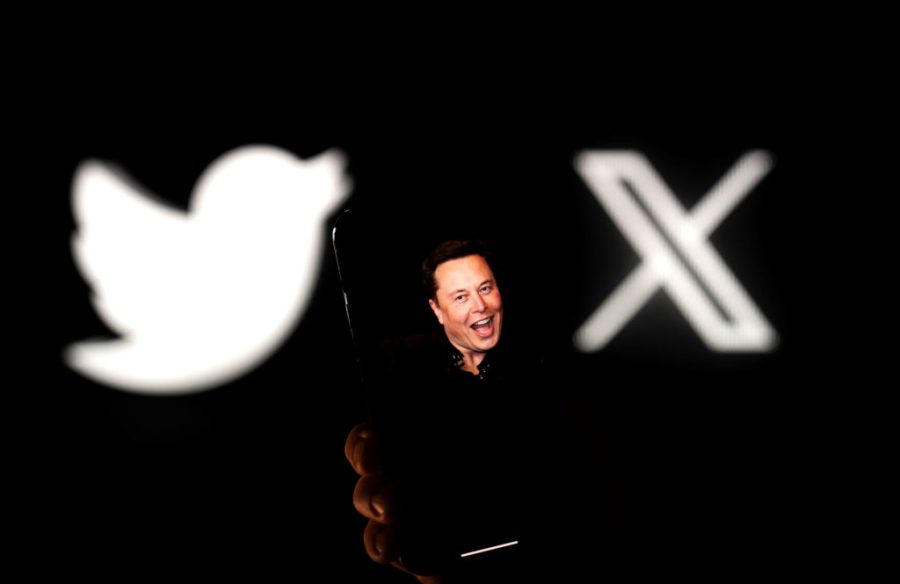France has spent decades telling itself the same comforting story: that the children and grandchildren of Muslim immigrants would become more French than their parents. Secular, republican, integrated. The older generation might cling to conservative religious values, but the young raised on liberté, égalité and fraternité would drift towards the mainstream. That assumption has taken a serious blow.
A country that once prided itself on assimilating newcomers has spent the past several decades dismantling the very idea of a dominant national ethos
According to a new IFOP poll, 57 per cent of French Muslims aged 15 to 24 place the rules of Islam above the laws of the Republic. This is up over 10 per cent since 2021. Nearly half express sympathy for Islamist movements. And on every marker of religious rigor the youngest cohort is the strictest of all, whether its approval of the full-face veil, or support for gender segregation. This is a generational U‑turn.
A self‑confident, assertive and increasingly separatist religious identity has taken root among the very group the Republic always assumed it would eventually absorb. With an estimated six to seven million Muslims living in France – and projections showing a significant rise in the coming decade – the old integration model is broken and the political class has no idea what to do about it.
France expected religiosity to weaken with each generation. Young Catholics drift away from Mass. Young Jews become less observant and soften their practices. But young Muslims in France are heading in a different direction. The younger they are, the stricter they become.
The data shows young people have a deeper attachment to Islamic identity than their parents’ generation. According to this survey, the younger generation are considerably more likely to approve of the veil, gender segregation and a more literal reading of scripture. They also approve of the idea that civic law must bow to religious law.
At the same time, French national identity has been deliberately hollowed out. The country that once prided itself on assimilating newcomers has spent the past several decades dismantling the very idea of a dominant national ethos. It’s become politically incorrect to suggest that French culture should be dominant. If the vision and the message is that the country isn’t universal, into that void steps a far more muscular identity, one that offers clarity, certainty, and a sense of belonging which modern France no longer knows how to provide.
Politicians still talk about ‘integration’, but they’re talking among themselves. A significant share of young French Muslims seem to no longer see the Republic as the reference point of their identity and they’re increasingly unembarrassed about saying so.
The hard‑left La France Insoumise (LFI) saw the opportunity a while back and has captured this demographic. Jean‑Luc Mélenchon’s movement positions itself as the tribune of a generation convinced that France is hostile to them. It denies the problem of Islamist separatism entirely. It frames every confrontation with the state as proof of institutional oppression, whether school dress codes or counter‑terror measures.
The strategy is as cynical as it is effective. LFI presents itself as protector of a religious revival that it pretends not to see. It offers indignation rather than integration, resentment rather than responsibility. It’s brought together a growing, increasingly assertive bloc of young voters into its electoral coalition. A party that openly rejects the Republic’s secular foundations is aligning itself with a youth cohort increasingly at odds with those foundations. The consequences for French politics are explosive and haven’t yet been fully recognised. The long‑term implications for governance, social cohesion and public order are obvious.
The French state has responded with the worst possible mix of denial and technocratic tinkering. Successive governments have tightened security laws, closed a handful of mosques, dissolved a few associations and declared the problem solved. They speak of state secularism or laïcité as if reciting a spell. They throw phrases around like ‘Republican values’ and assume the message will land.
Young Muslims are not drifting towards stricter religious identity because France hasn’t passed enough decrees on the subject. They’re doing so because the Republic has forgotten how to offer a compelling story of its own.
The political class no longer knows how to articulate what it means to be French. It oscillates between guilt and abstraction, between moralising and managerialism. In that vacuum, a coherent religious identity looks strong, attractive and unshakeable. The state counters this with bureaucratic circulars. These tools may have worked for older generations but they carry none of the cultural authority they once had.
France’s elites insist that demographics are neutral. Yet a society in which the youngest, fastest‑growing segment is becoming dramatically more religious, more separatist and more sceptical of Republican law is a society heading for confrontation.
The warning signs are everywhere. Schoolteachers no longer dare enforce secular rules. Pupils growing refuse to stand for a minute’s silence after terrorist attacks. The are more sports hijabs, halal menus and there’s more gender segregation. A petition was recently launched in Paris for women-only underground carriages.
Rebuilding a national story worth joining will require teaching history in a manner which is not apologetic. France must end the state’s strange embarrassment about the Catholic and classical roots of French civilisation. Most importantly we must find a way to speak honestly about demography and culture without being accused of racism. Until that happens, the trajectory revealed by this latest poll will continue and it will soon be too late to turn this situation around.








Comments